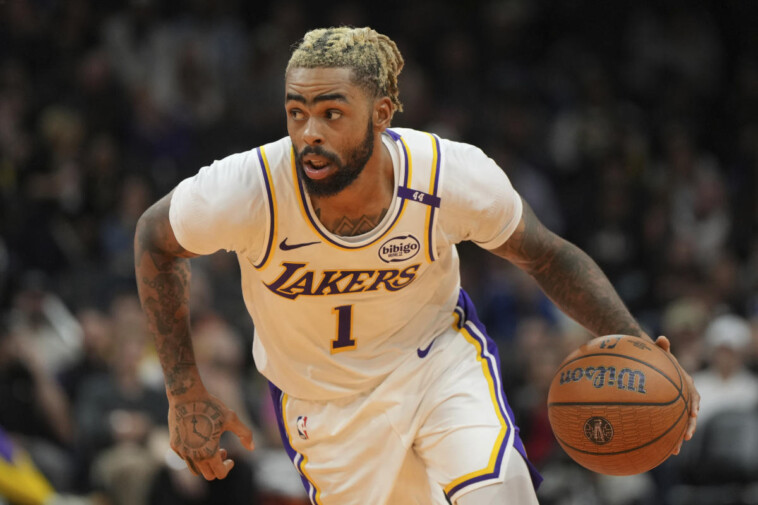The Los Angeles Lakers have traded point guard D’Angelo Russell to the Brooklyn Nets in exchange for forward Dorian Finney-Smith and guard Shake Milton, ESPN’s Shams Charania reported.
Finney-Smith provides a better fit for a Lakers lineup in need of shooting and defense on the wing. The nine-year veteran is averaging 10.4 points (the second-best of his career) and 4.6 rebounds, shooting a career-best 44% (47-for-108) on 3s. He can defend all three positions on the court.
In his second stint with the Lakers, Russell was underperforming this season, averaging a career-low 12.4 points and 4.7 assists while shooting 33% on 3-pointers. He returns to Brooklyn, where he was an All-Star in 2018-19, and replaces Dennis Schröder, who was traded to the Golden State Warriors two weeks ago.
Lakers coach JJ Redick moved Russell to a reserve role to provide scoring and playmaking off the bench. Yet his defense was frequently problematic, resulting in Max Christie getting a bigger role.
In his past three games, Christie has averaged 16.3 points and 1.3 steals and shot 47% on 3s. Overall, the third-year guard is scoring 7.2 points, 2.3 rebounds and 1.2 assists per game while shooting 36% from long range.
Russell, 28, is in the final year of his contract with a salary of $18.7 million this season. He was originally the Lakers’ first-round pick (No. 2 overall) out of Ohio State in the 2015 NBA Draft. Finney-Smith, 31, has a $14.9 million salary with a player option for next season, set to pay him $15.4 million.
Milton should bring additional defense and playmaking to the Lakers’ second unit. Moving into the Nets’ starting lineup after Schröder was traded, he scored a combined 36 points in his past two games and notched 12 assists in Friday’s 96–87 loss to the San Antonio Spurs. For the season, Milton averaging 7.4 points and 2.4 assists.
Also included in the package going to Brooklyn is second-year reserve forward Maxwell Lewis and three second-round draft picks in 2027, 2030 and 2031. Those picks give the Nets 31 selections — 15 first-round picks and 16 second-rounders — over the next seven years with $60 million in cap space going into the offseason, reports Charania.



